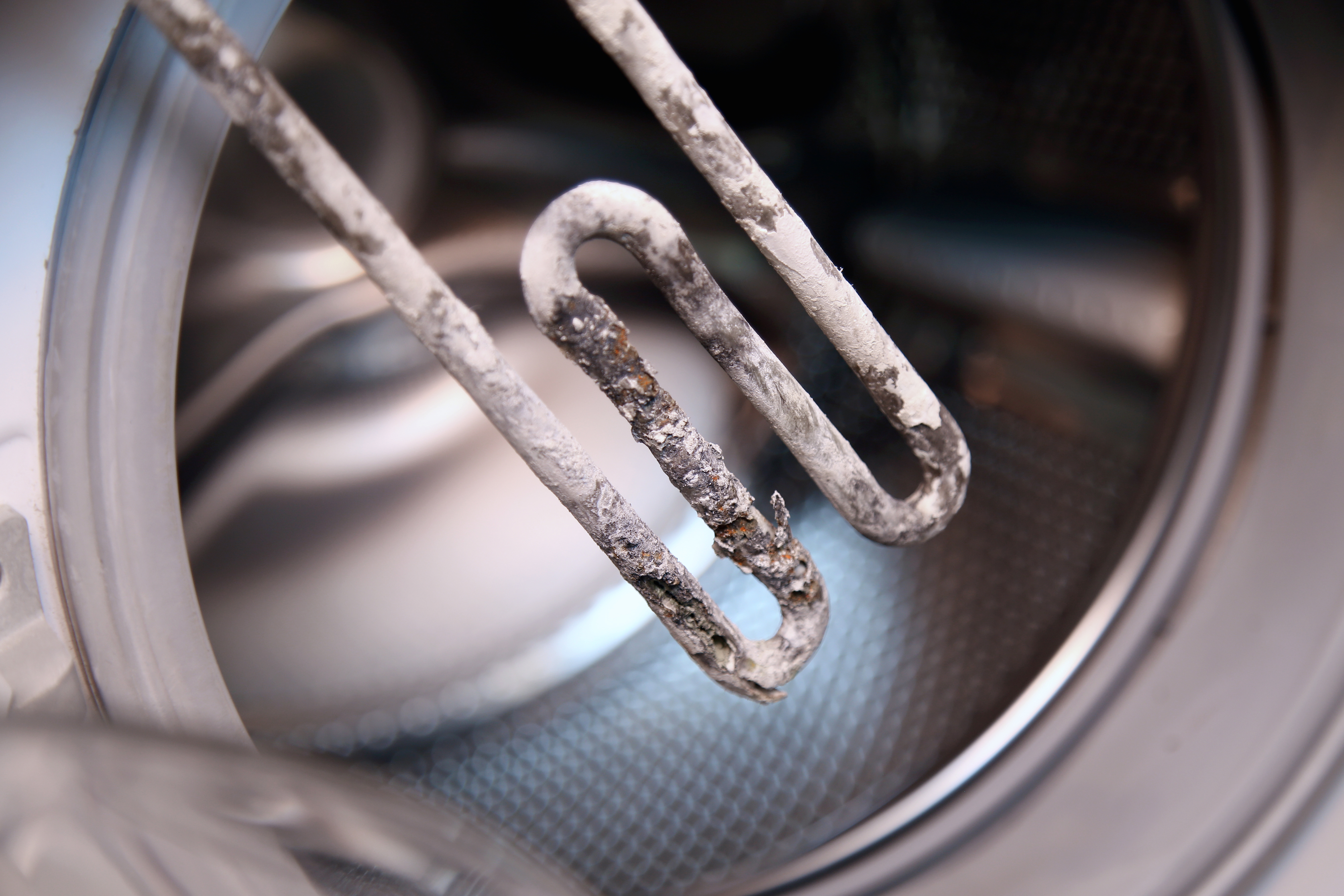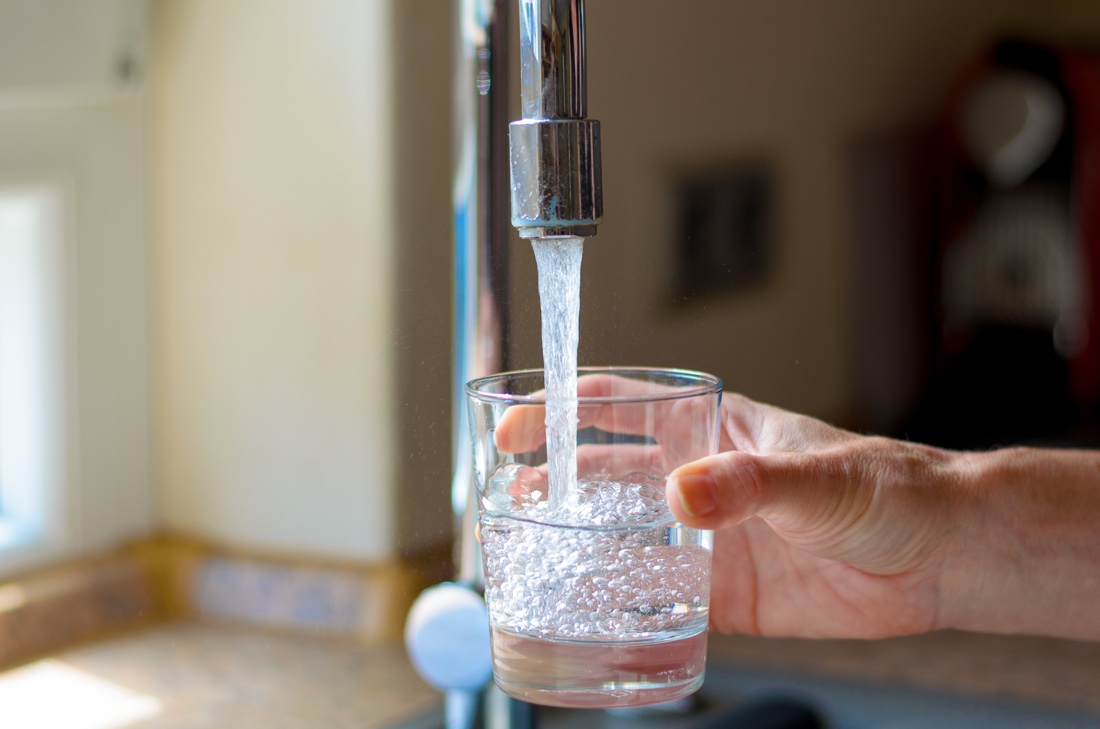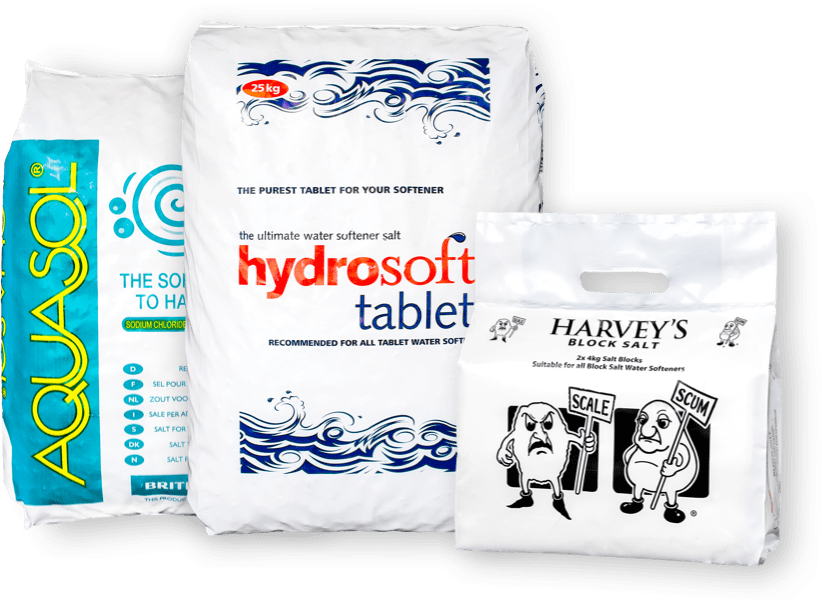What causes hard water?
Rain water is naturally soft but once it falls on the ground and percolates through rocks it picks up natural hardness minerals, such as calcium and magnesium. Depending on the local geology the hardness of the water supply will vary. The general pattern across the UK means that water supplies are hardest in the south and become softer moving north.

What does it mean if I have hard water?
Hard water causes scaling in hot water systems, kettles, electric irons and domestic appliances. Scaling of heating elements shortens their life and makes appliances less efficient. Hard water produces less lather from soap, washing up liquid and washing powders. It also leaves ‘tide marks’ on basins, sinks, baths and toilets and a scum on the surface of hot drinks, especially tea brewed in the cup with a teabag (due to the air and oil in the tea).
How can I find out if
I have hard water?
For an accurate measurement ask your water company directly because within a generally hard water area there will be pockets of soft water and vice versa. Alternatively click the link below, Kinetico provide a service that helps you find out more about the area you live in.
Explore
Is there a standard for the hardness of drinking water?
There is no health based standard for the hardness of drinking water. The World Health Organisation Guidelines 2004 has identified that water with a hardness of value of 200 mg/l or higher (measured as calcium carbonate) will produce scale and soft water with a value of 100 mg/l (as calcium carbonate) or less will have a low buffering capacity and be more corrosive to pipes.

Ready to shop?
Know which salt is right for you and your needs? Click the link below to go to the shop!
shopCurious to know more?
Click the link below to learn more about water hardness,
what causes it and where it happens?
